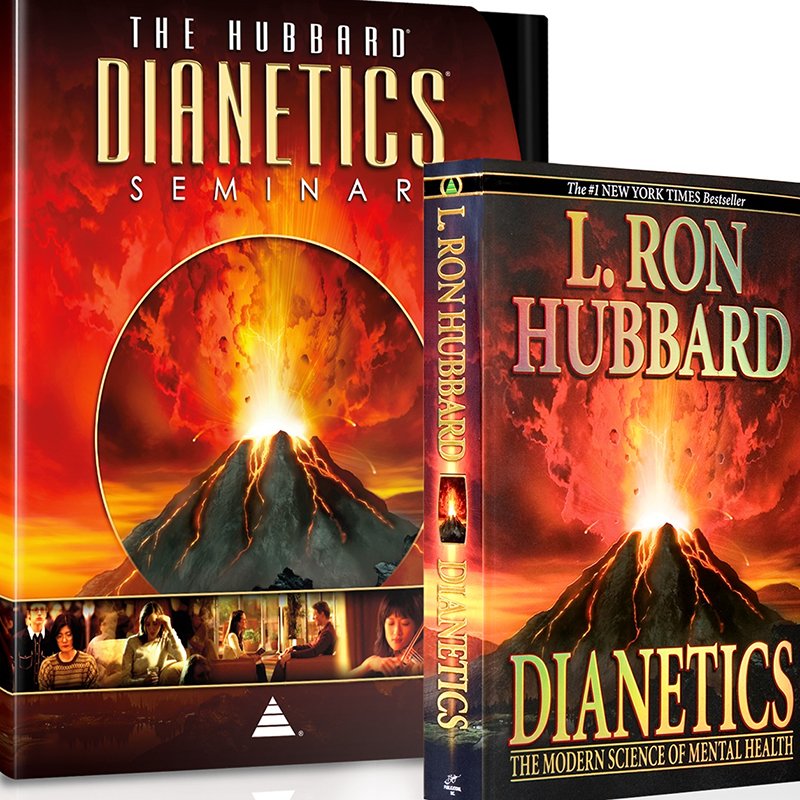3 Easy Facts About Dianetics Explained
3 Easy Facts About Dianetics Explained
Blog Article
The Best Guide To Dianetics
Table of ContentsWhat Does Dianetics Mean?Some Known Details About Dianetics Not known Facts About DianeticsRumored Buzz on Dianetics
I could not ever before not wish to get anything that comes to mind for you- if it was otherwise, I would not be resting right here with you, doing this. I not only can never ever have a trouble, or not wish to listen to something that enters your mind for you, however I'm completely eager to recognize every concept, every idea, every picture or feeling that arises or manifests for you- do not ever assume otherwise, and if somehow you do, please just allow me recognize! Occasionally, you might have a thought, and image, idea or case appear that does not seem to answer the question, or relate to it, yet nevertheless, constantly do tell me concerning it, and as we proceed, the importance will certainly emerge for you.This is inherent in the basis of handling, and the topic of this conversation: the fundamental roles of the therapist and the customer: The fundamental role of the therapist is, contrary to "conventional training", not to control, which indicates to enforce and/or prevent, but to instead function from the basis of EMPOWERING THE CLIENT.

The smart Trick of Dianetics That Nobody is Talking About
John Mcmasters expressed this standard truth splendidly well in one of his talks on Power processing, where he discusses how he was asked what this "unique knack" was that he had for providing such terrific sessions; he needed to believe about that for a moment, and identified that it was what he had not been doing, in addition to what he was doing: he wasn't evaluating, judging, computer, or as a matter of fact, generating any type of ideas, not to mention verbal expressions, after providing the command and while awaiting the computer to finish their answer to their contentment; he was, just and just, existing with the PC, and totally interested.
The duty of the therapist, showed; that was his "unique knack". I have had my own experience which showed me this well, extremely beforehand in the game. In 1982, having actually just recently finished my training and Bonuses internship on New Era Dianetics, I was running this on a COMPUTER, and there was a factor in the session where (being a little bit damp behind the ears not yet having several hours under my belt as a specialist auditor) the computer appeared to be "taking as well long" to express anything verbally after I provided him a command.
This key turned out to be the most valuable contribution that John ever before made to the subject of treatment or auditing (Dianetics). In my humble viewpoint, it is the best contribution that any individual has ever before made to these subjectsthe application is home completely non-judgemental, non-evaluative, and without any idea, guidance or opinion.no preconceived agenda for people, or 'degrees' that they need to do
In Idenics, the only source of details about a customer is the private client. In Scientology we prided ourselves on not assessing for people. However all that really meant was that the auditor did not vocally examine for the PC in session. The registrars and principles policemans reviewed for the computer.
The Buzz on Dianetics

Any person who had actually ever seen John audit can not help however discover an unique high quality in his bookkeeping."The client's basic duty is to be there with the function of relocating the direction of their spiritual objectives, and to openly and totally share and experience whatever materializes for them in addressing the questions and implementing the instructions in the processing.
This is something to procedure as needed. Also, individuals regularly have previous experience and/or indoctrination in auditing/processing which, in some ways, and to some levels, really misleads them into mindsets, ideas and behavior patterns that protect against the full realization of these functions, and so they will tend to prevent the expressing of what comes to mind, as in the examples provided above - Dianetics. * The first, and perhaps foremost examples of mis-indoctrination resulting in less than entirely smooth and efficient sessions, can be found in certain elements of the training routines, or "TR's":"TR's" are usually an individual's initial, or at the very least early, experience in Scientology, and while I will certainly take place to explain what I see as the flaws in concept and method, nonetheless, have a tendency to be substantially healing, done as they are offered (Hubbard firmly insists that "TR's are not processing, they are training", but factually, they are both handling AND training)
There is no "failing", and no denial of the fact of this being handling. The focus, as it ought to be, is on experiencing the other person's presence.
What Does Dianetics Do?

Report this page